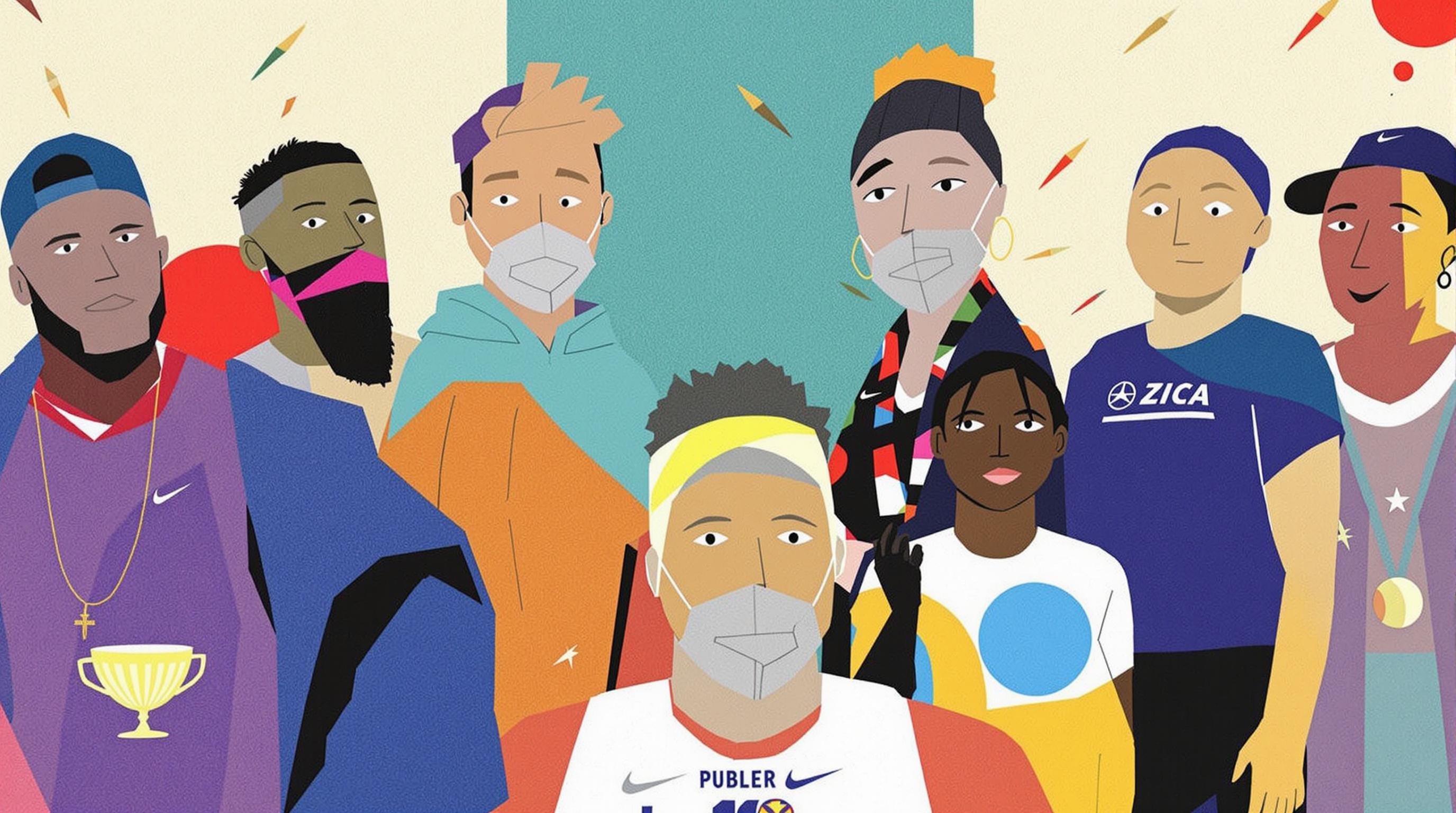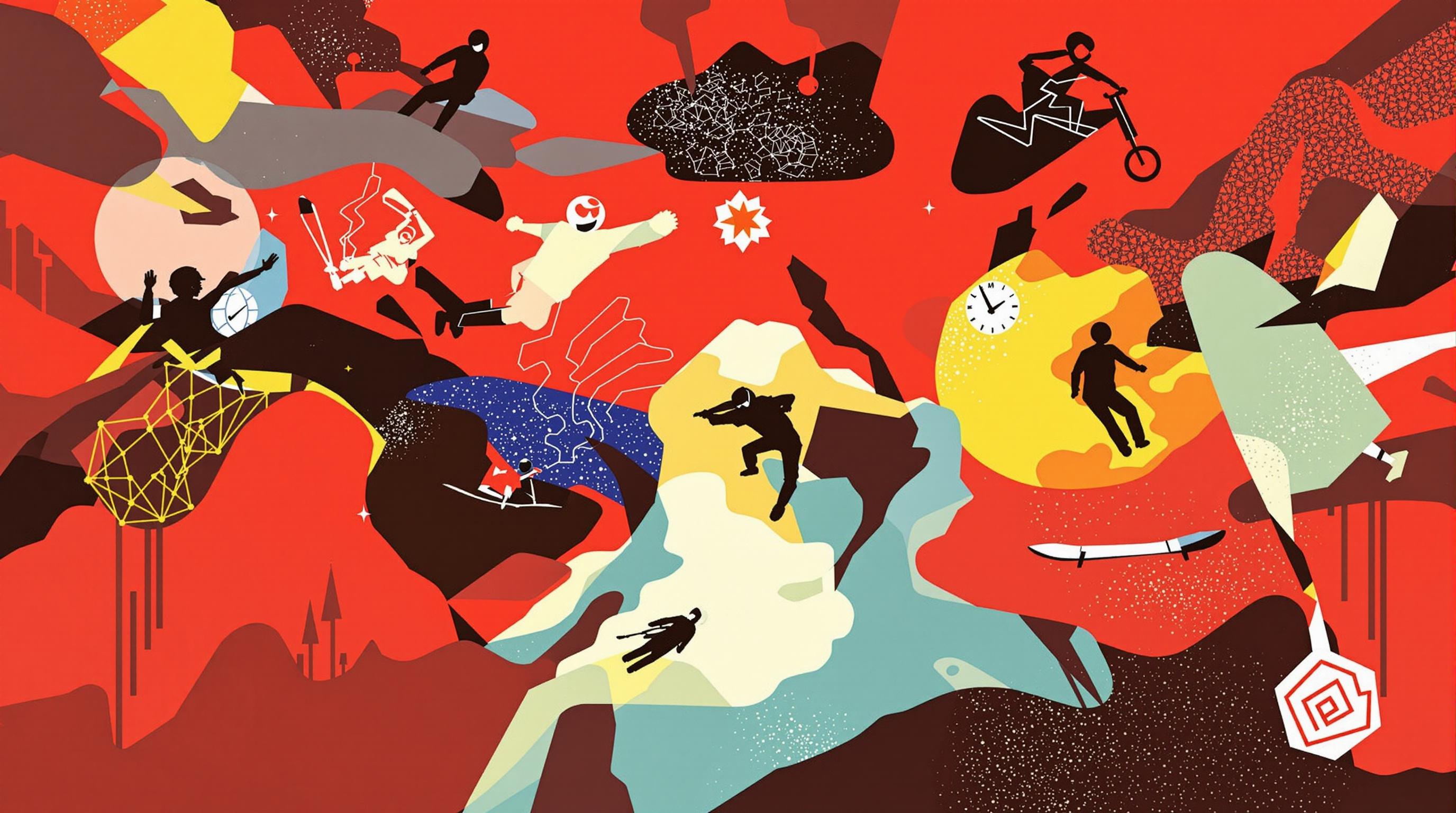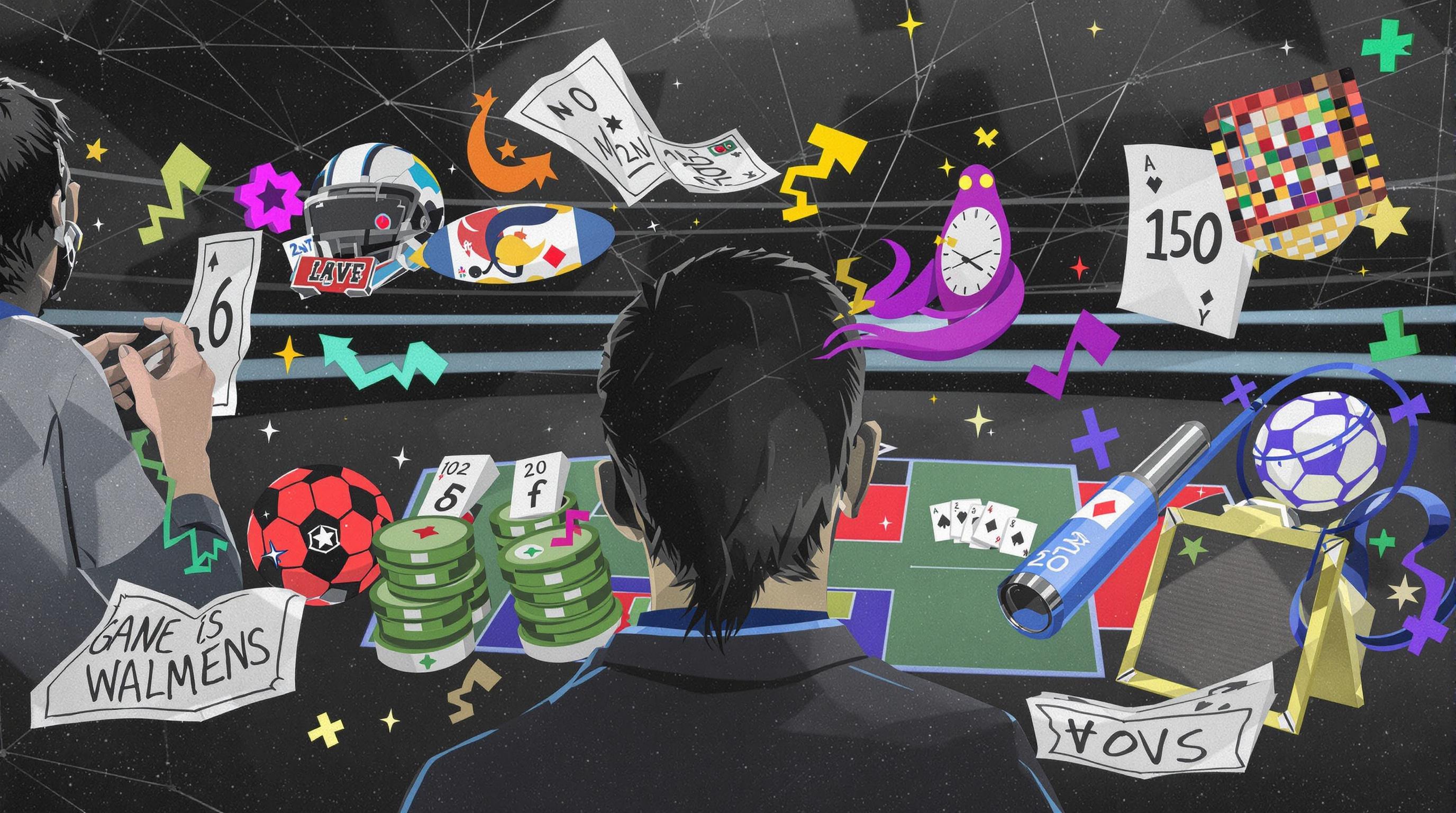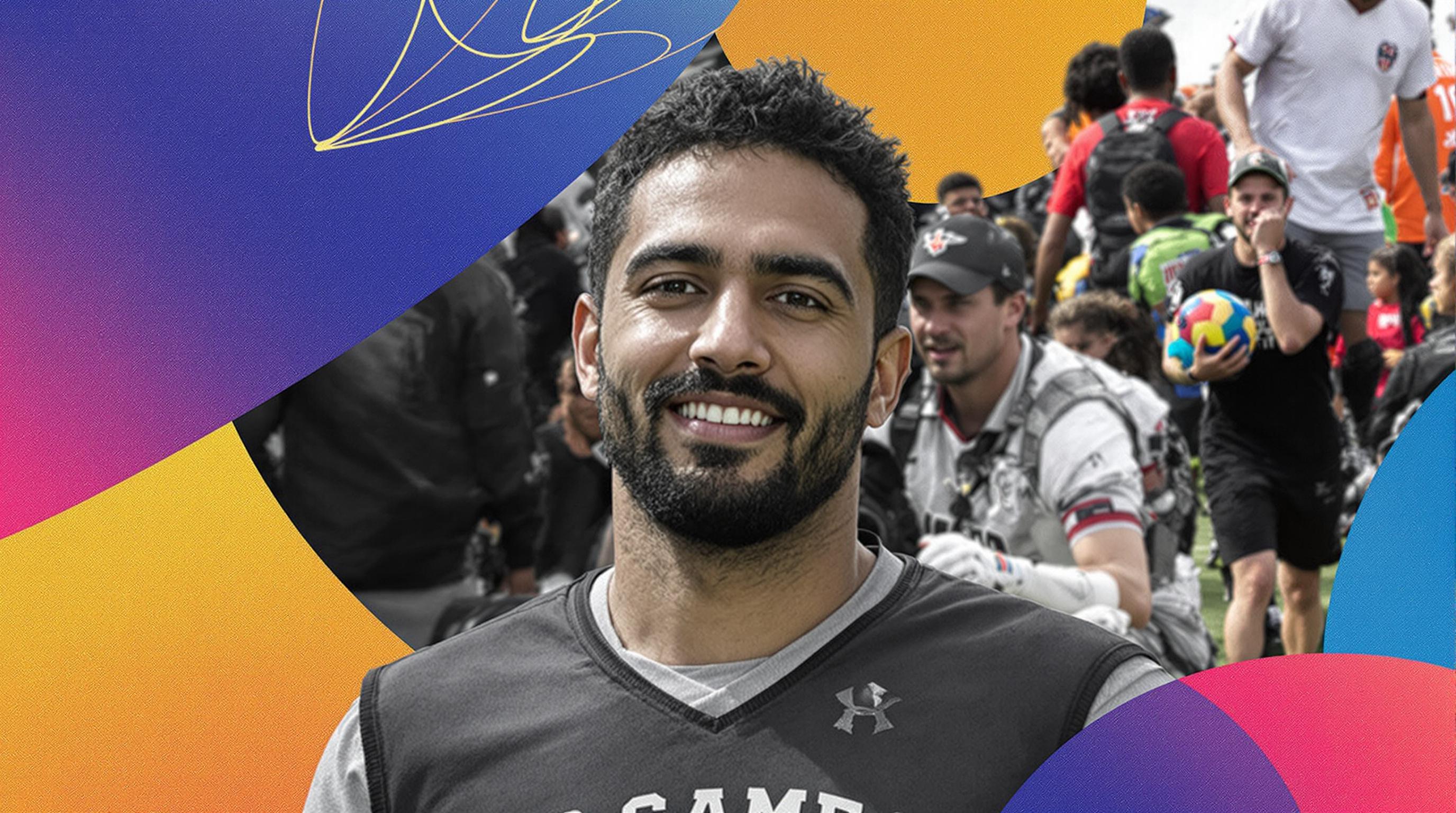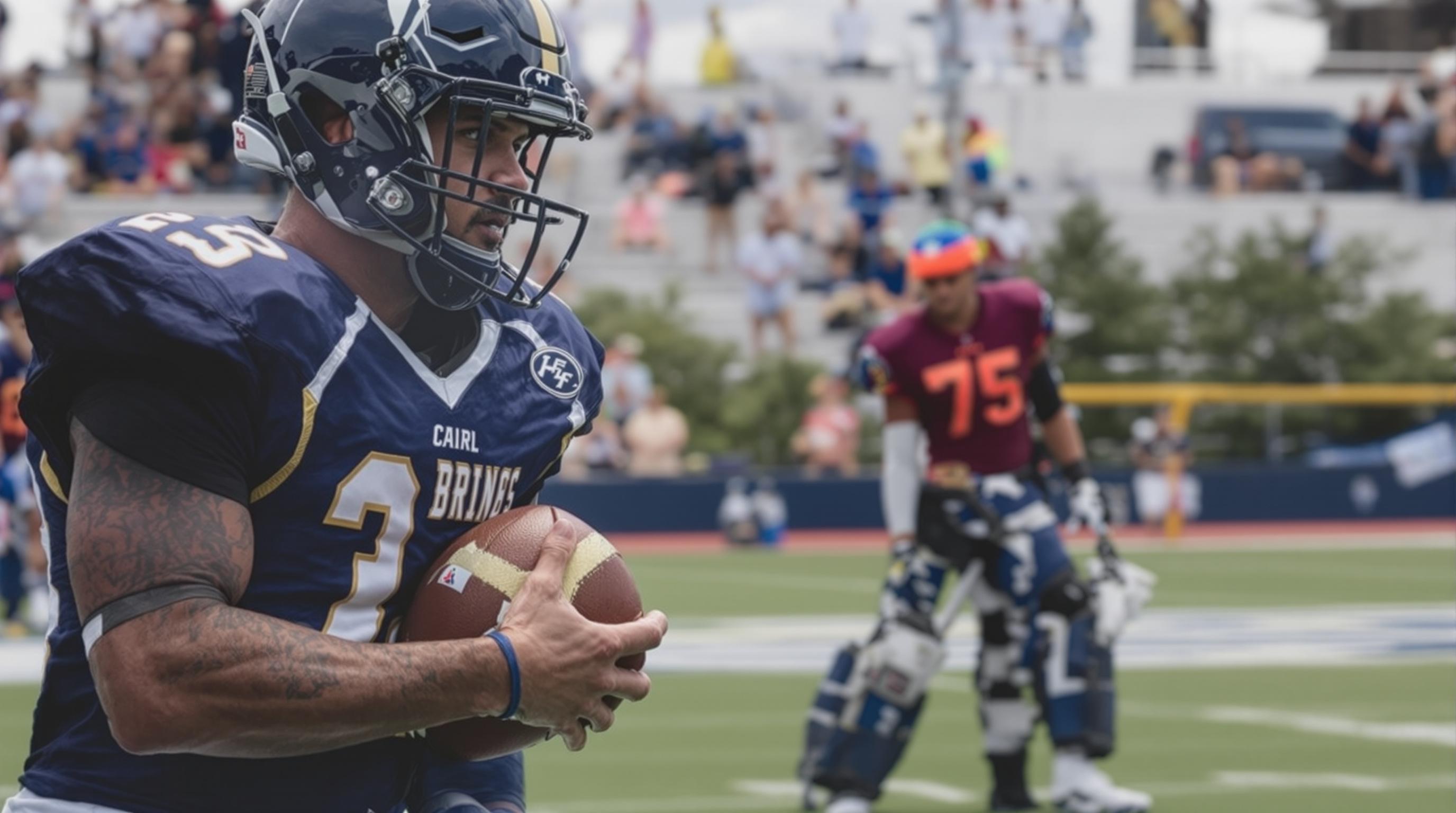Related Articles
- Cultural Collisions: How Colonialism and Conquest Transformed Games and Their Rules Across Continents
- The Eccentric Anomalies of Game Etiquette: Odd House Rules That Defied Generations
- Unveiling the Unconventional: The Role of Secret Societies in Shaping Game Regulations Across Time
- Revisiting the Cultural Phenomenon: How Iconic Championships Influenced Fashion Trends on and off the Field
- Revisiting the Aftermath: How Championship Wins Shape Community Identity and Local Economies
- The Role of Unexpected Weather Events in Shaping Championship Outcomes: A Tidal Wave of Influence
Whistleblowers and Heroes: The Untold Impact of Athletes on Social Justice Movements Worldwide
Whistleblowers and Heroes: The Untold Impact of Athletes on Social Justice Movements Worldwide
From kneeling during the national anthem to creating powerful campaigns for racial equality, athletes have transcended the limitations of their sports and emerged as key players in social justice movements worldwide. This article explores their influence and how their actions have spurred change across societies, often at significant personal cost.
The Power of a Platform
In today’s digital age, athletes hold unprecedented reach, often harnessing their platforms to amplify the voices of marginalized communities. According to a 2021 study by the Institute for Diversity and Ethics in Sport, 72% of athletes agreed that they have a responsibility to advocate for social justice, showcasing a growing awareness among sports figures about their potential impact.
From the Field to the Frontlines
Take Colin Kaepernick, for instance. In 2016, he sparked a nationwide debate when he began kneeling during the national anthem to protest police brutality and systemic racism. Kaepernick’s movement ignited a wave of activism in sports, prompting numerous athletes to participate in demonstrations and brandish their commitment to social justice. Despite facing backlash and losing his career, Kaepernick became a symbol of resistance, seamlessly bridging the gap between sports and activism.
Case Study: The WNBA’s Activism
The Women's National Basketball Association (WNBA) has also made headlines for its players' unwavering advocacy for social justice. In 2020, numerous players wore shirts emblazoned with "Black Lives Matter" during warm-ups, and even in the midst of the pandemic, they utilized social media to advocate for the Black Lives Matter movement. Their efforts brought attention to key issues and led to partnerships with organizations like Until Freedom, amplifying the call for racial equality.
Humor in Activism: A Different Approach
While athletes often tackle serious issues head-on, some choose a more humorous approach. Comedian John Oliver humorously pointed out how NFL players are often more engaged in advocacy than government officials, highlighting the absurdity of athletes needing to step up in places where politicians often fail. This humorous perspective can be disarming, prompting audiences to engage with the tough questions around social justice.
Historical Context
It’s essential to recognize that athletes have a deep-rooted legacy of participatory activism. From Muhammad Ali's refusal to fight in the Vietnam War to Billie Jean King's advocacy for gender equality, the intersection of sports and social justice isn't a new phenomenon. Ali faced countless repercussions for his stand against the war, including a stripped title, yet his courage paved the way for future generations of athletes to speak their truths.
Statistical Significance
According to a 2020 survey conducted by The Associated Press, nearly 70% of Americans supported the Black Lives Matter protests sparked by George Floyd's murder, exemplifying a significant shift in public attitude towards social justice movements. Athletes, leveraging their influence, helped bring these issues to mainstream discussions, and this marriage of sports and activism has never been more critical.
The Ripple Effect
But what about the youth? With studies confirming that athletes significantly influence young people's social values, it is evident that when athletes advocate for justice, they create a ripple effect. Young fans and aspiring athletes are more likely to engage in conversations about critical issues, following the example set by their idols. As sports journalist Claire Smith points out, “When athletes take a stand, they inspire others—especially the youth—to amplify their voices in matters that affect their lives.”
The Personal Cost
However, the decision to engage in social justice activism is not without its consequences. Many athletes face career repercussions, public scrutiny, and even personal threats. Kaepernick, as mentioned earlier, remains a notable example; after kneeling, he has not played in the NFL, leaving fans and allies to grapple with the societal costs of standing up for principle. The emotional toll is palpable, as players often wrestle with public perception versus their moral compass.
Global Athlete Activism
Even beyond American sports, athletes across the globe are raising awareness. In 2023, English footballer Marcus Rashford led campaigns against child food poverty, leveraging his platform to instigate policy changes in the UK. These are powerful reminders that social justice knows no borders—athletes worldwide are champions, wielding influence that resonates beyond the confines of their sports.
Contentious Spaces
While many celebrate athlete activism, it isn’t without its critics. Some argue that sports should remain apolitical and that athletes are not qualified to speak on social issues. However, this perspective often overlooks the human element: athletes, like everyone else, exist in communities and contend with the realities of the world around them. Sports journalist and author Dave Zirin contends that “the energy and emotion found in sports reflect our society's values, and thus, athletes have every right to engage in social issues.”
Collaborations That Matter
Recent years have witnessed profound collaborations between athletes and organizations focused on social justice, such as the NBA's partnership with organizations like Black Lives Matter and various grassroots initiatives. Such collaborations signal a growing recognition that change is more impactful when rooted in community engagement and solidarity rather than merely individual gestures.
Conclusion: The Road Ahead
As we look to the future, the role of athletes in social justice will undoubtedly evolve. The ongoing discussions about race, gender, and equality within sports and society will require continued engagement from those in the limelight. As they navigate these contentious spaces, their bravery will inspire future generations to demand change and fight for justice on and off the field.
Stories of Hope
Among the stories of athletes impacting social justice, one stands out: the story of the late John Carlos and Tommie Smith. In 1968, they raised their fists in a black power salute at the Mexico City Olympics, risking their livelihoods. Their silent yet powerful protest remains one of the most defining moments in Olympic history, signifying unity in fighting racial injustice. Today, it serves as a poignant reminder that the journey toward social equity often requires incredible sacrifice.
A Lasting Legacy
Ultimately, the actions of athletes transcend the realm of sports; they can shape public discourse and influence policy changes. As they leverage their platforms for meaningful dialogues around societal issues, we are reminded that heroes can come in many forms. Whether on the court, field, or track, the legacies they forge today will set the foundation for future movements and influence generations to come.
Call to Action
So, the next time you see an athlete making headlines for more than just their game, take notice. Engage in the conversations they inspire, support their causes, and recognize that the intersection of sports and social justice could very well be the heartbeat of the future. In a world that often seems divided, athletes are paving a path toward unity, proving that indeed, anyone can be a hero.
